What is a chaebol or how a family business became an economic miracle in South Korea (6 photos)
Samsung, LG, Hyundai, Daewoo, Lotte and more: how a family business saved the South Korean economy. 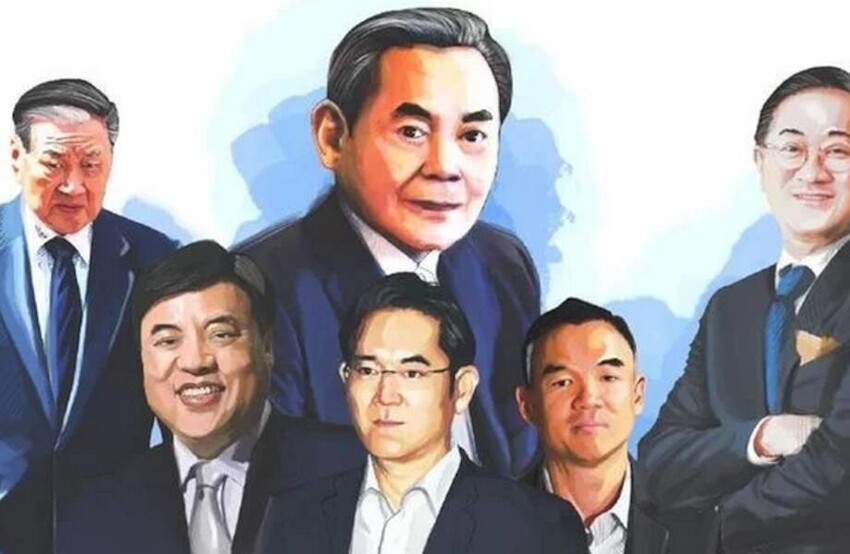
The rapid development of South Korea in the past half century is considered a true economic miracle. Indeed, Seoul today looks like the city of the future, and if you look at it in the 1960s-1970s, then in it it is almost impossible to recognize a modern metropolis.
However, this economic miracle has an explanation: and no, it is not oil, as in the case of the UAE. It's all about the family business which the government once staked. This business has become multibillion-dollar chaebols, the country's economy today is inseparable from them.
State support is the key to growth
Today the whole world knows about such companies as Hyundai, Samsung, LG, Lotte Group. All these billion dollar conglomerates chaebols. So how did chaebols appear and what is this concept at all? 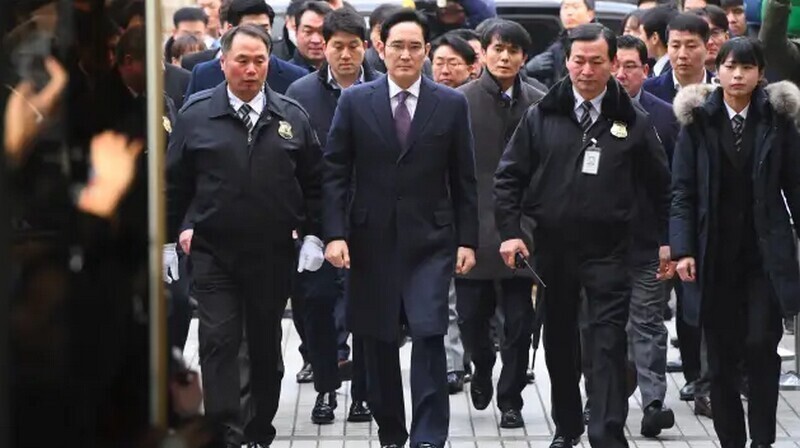
Samsung Group heir Lee Jae-yong in downtown Seoul. Photo: cnbc.com
After the Korean War, when the country was in ruins, The government has come to the conclusion that the economy will become stable if it will rely on large corporations. But in the 1950s such companies simply did not exist, and it was necessary to create them as soon as possible terms. That is why the Korean government decided to provide special conditions for outstanding businessmen of that time: they were given profitable loans to develop your business. In addition, the government provided companies government orders, reduced taxes for them and provided benefits. 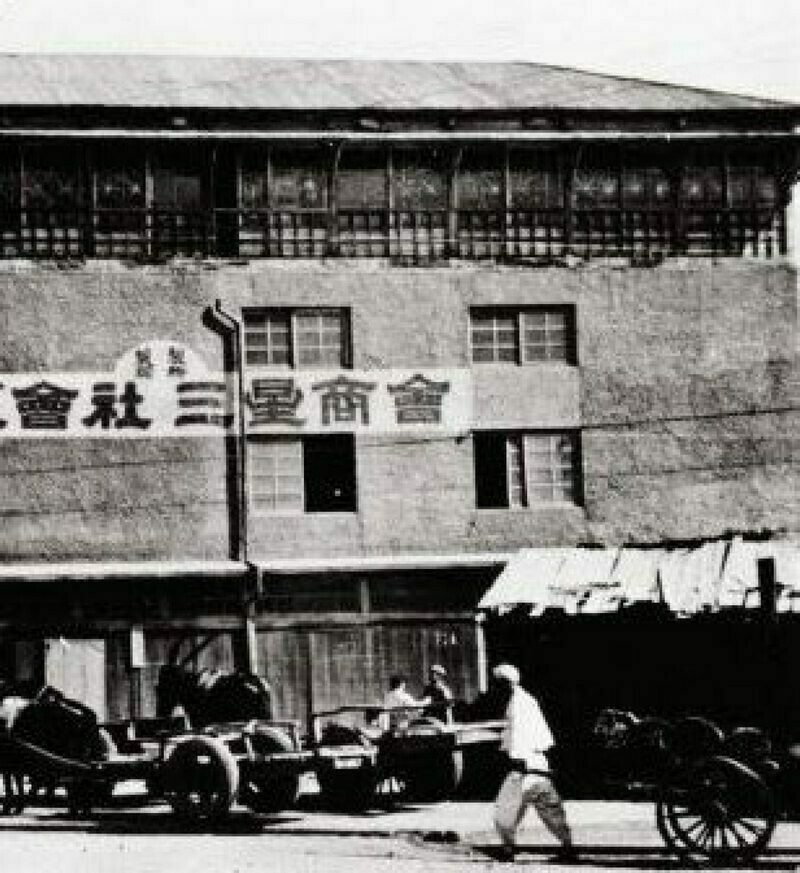
Samsung grocery warehouse in 1938
Among such successful businessmen were, for example, Lee Byung-chul, founder of Samsung, and Jung Joo-young, father of Hyundai. Eg, Samsung first traded in dried fish, rice and other commodities. Thanks to state support, these companies have grown into huge conglomerates, of course Samsung and Hyundai were not the only ones.
So what is a chaebol
Chaebol is every such conglomerate, the whole world knows about thirty chaebols. Most of South Korea's exports, its stock the market is controlled by these corporations, they also play important role in shaping the country's GDP. 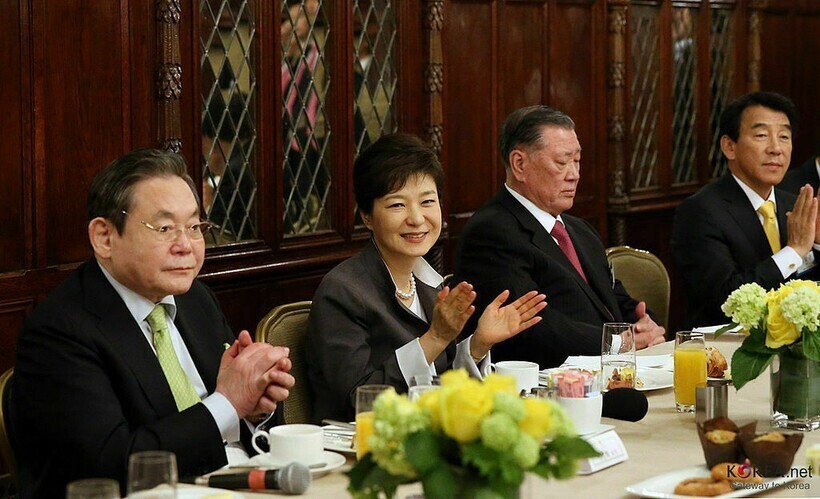
Samsung Group Chairman Lee Kun-hee (left) with South Korean President Park Geun-hye
With all this, chaebol is not just one company that engaged in some type of business, such as the automotive industry. This a whole conglomerate in which dozens of subsidiaries in various areas of activity. So, Hyundai, founded in 1947, was only just an auto repair shop. But by the 1990s, the corporation had more than sixty subsidiaries in completely different areas: they built roads, cars, electronics, shipbuilding and trade. 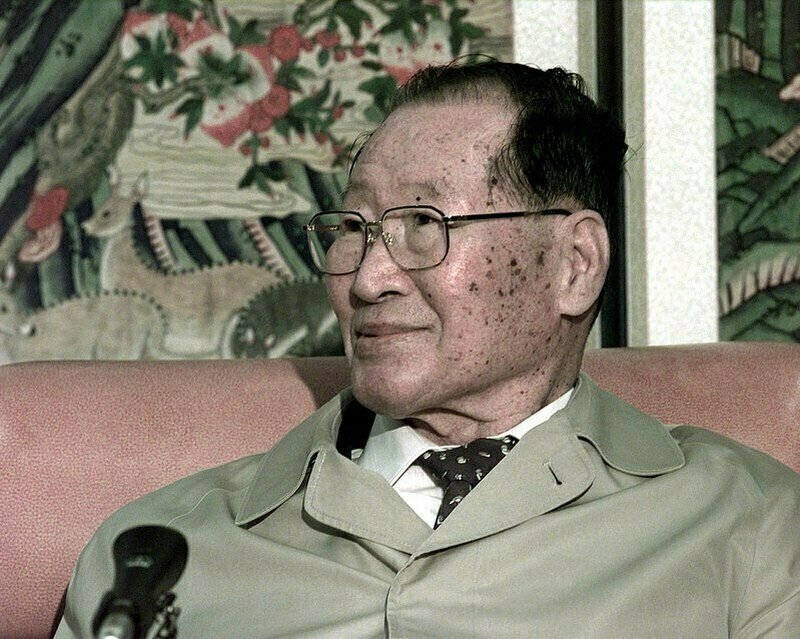
South Korean tycoon Jeon Joo-young, founder of Hyundai. 1998
Another important feature of the chaebol is leadership positions. only relatives and close friends are occupied here the founding family of the company, and power is inherited. Eg, in the same Hyundai Group, after the death of Jung Joo-young in the 2000s, there was restructuring, the conglomerate broke up into several large corporations, each of which is strong in a certain area. However, these are managed corporate relatives of Jung Joo-young.
Why are chaebols criticized?
It would seem that such a financial and industrial model as a chaebol is the perfect way to boost the economy. However, there are difficulties which the Koreans themselves actively criticize, also criticism from time to time also appears in the South Korean media. One of the main complaints is that large companies should be run by talented leaders and top managers, not relatives. Some current leaders are considered mediocre and stupid, convict them of the “syndrome prince and princess." For example, a few years ago a young leader Corporation Daelim Group caused a wave of indignation in the media and social networks. Lee Hae Wook demanded that his personal driver remove the rear view mirror in car so that their eyes do not meet. 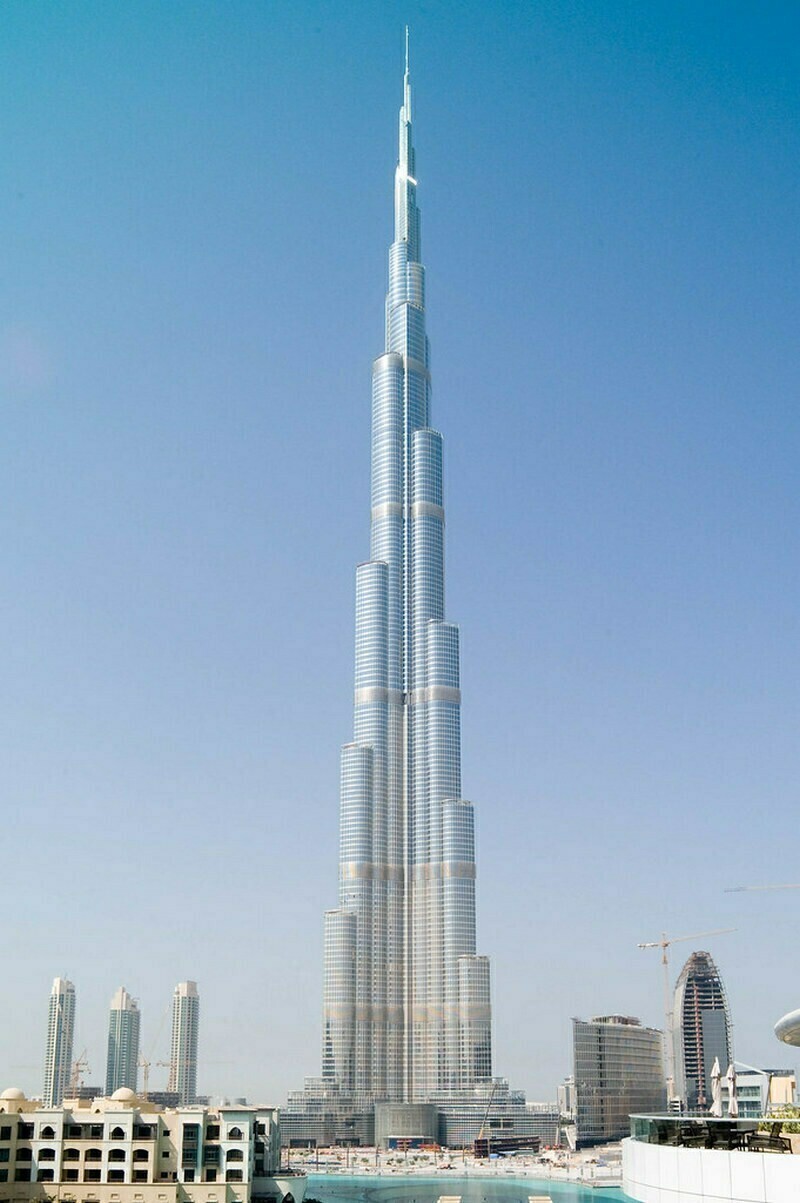
The Burj Khalifa skyscraper in Dubai was built by Samsung Engineering, one of the subsidiaries of the Samsung Group
In the samex conglomerates have a very strict corporate culture, and promotion rarely occurs on the basis of professional qualities and merit of employees. In addition, chaebols are often become heroes of corruption scandals. But what if the conglomerate collapse, it will affect the entire economy of the country, since chaebols depends on the GDP of South Korea.





















